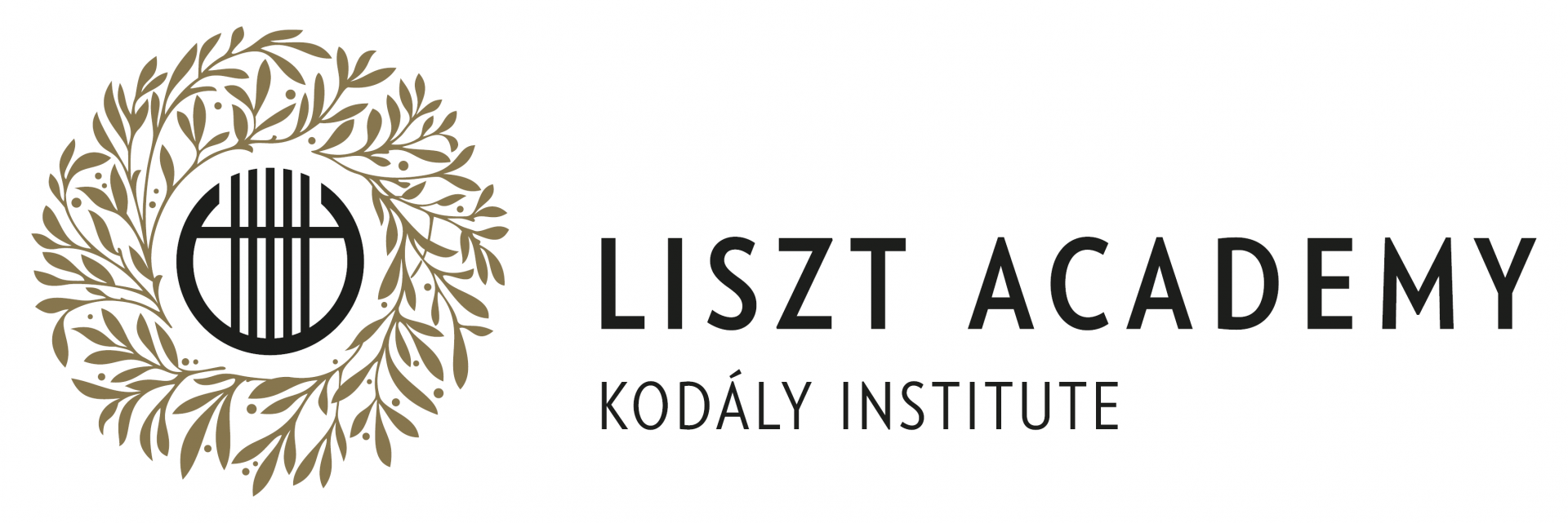The essence of Kodály’s educational philosophy
Zoltán Kodály started to formulate his music pedagogical concept in the 1920s. Its social, aesthetic, psychological and pedagogical principles are the following:
• Musical art is ranked equal with other forms of artistic expression. Music is not for entertainment only, “the human soul has regions which can be illuminated only by music”.
• Folk music kept alive throughout the centuries by the peasant society represents the musical past of the whole nation, and therefore can be considered the nation’s musical mother tongue. It is worthy of becoming public property, just like classical art music.
• Music is an important part of social representation as well as of secular and religious rituals.
• Widespread musical culture can be founded only by public music education extended to all young people, therefore it is the duty of the school to create opportunities for music studies.
• Musical experiences and musical culture can be obtained through the study of the language of music, musical reading and musical writing. Relative solmisation is the most useful tool in the learning process.
• Scientific research has proven in many outstanding ways the effect of intensive musical training on the development of emotional intelligence and cognitive abilities.
• Musical training has to be founded on active musical experiences, the most accessible “instrument” available to everyone is the human voice. Choral singing has the power to create valuable communal experiences.
After 1945, the development of school music education in Hungary was strongly inspired by Kodály’s pedagogical concept of epochal significance. The practical implementation of the concept was achieved by Kodály’s most outstanding students. It has gained remarkable results in the so-called singing primary schools offering daily music classes to its pupils.



